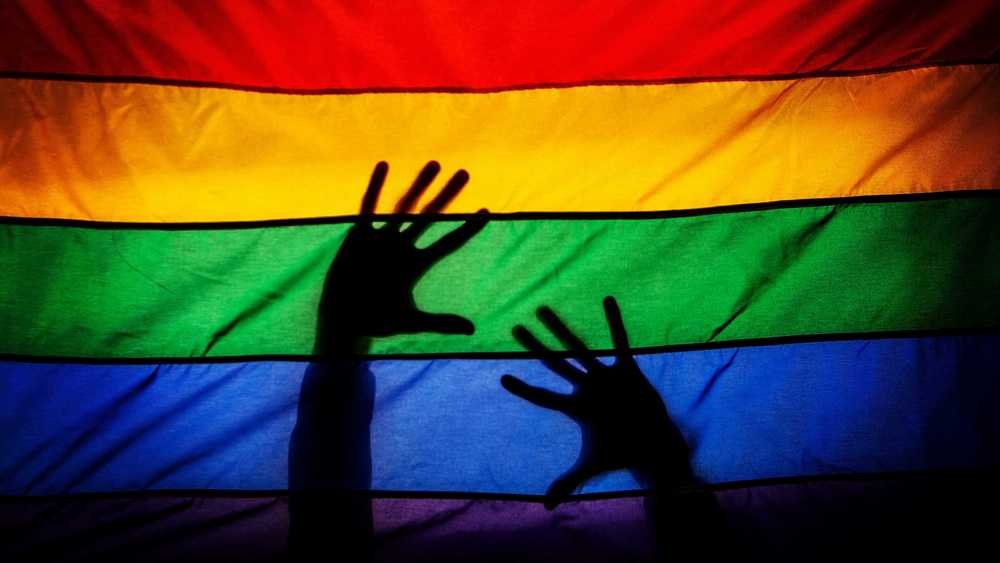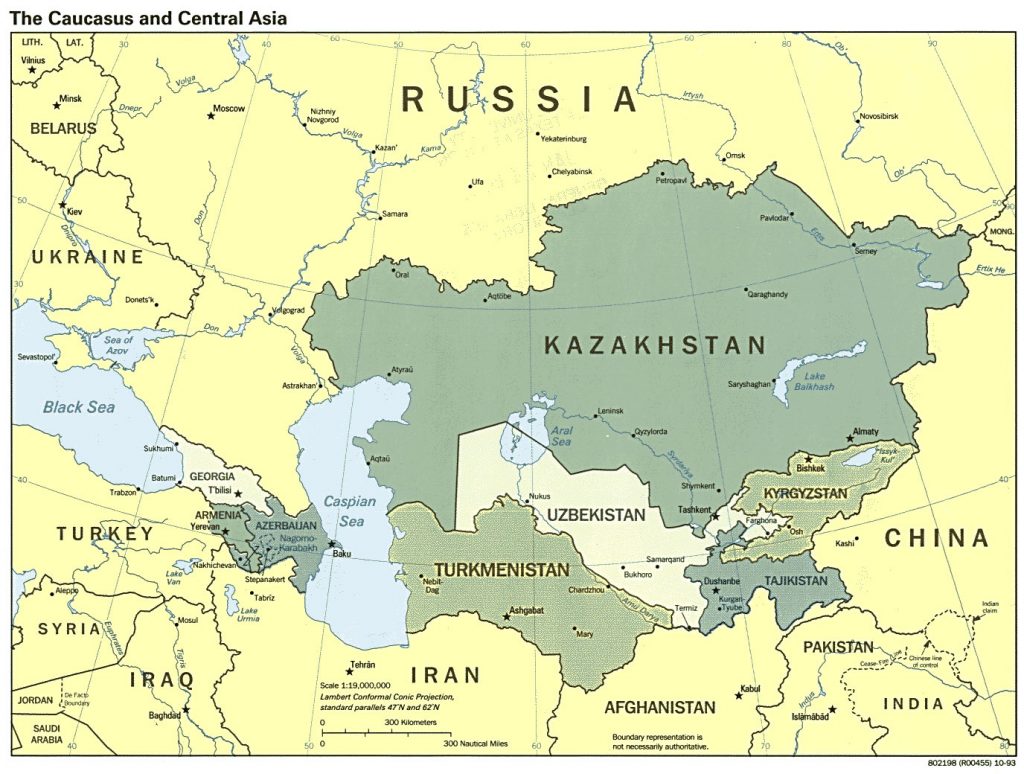Kazakhstan parliament passes ‘Anti-LGBT Propaganda’ law
Colin Stewart is a 45-year journalism veteran living in Southern…
The law ‘institutionalizes hostility’ against Kazakhstan’s LGBT community, activists say

The parliament of the Central Asian nation of Kazakhstan has passed a law that bans so-called “LGBT propaganda.”
It’s the latest Russia-aligned country to pass such a law after Russia, Georgia, Belarus, and Kyrgyzstan, notes activist journalist Rob Salerno in his LGBTQ Global newsletter. (Click here to subscribe.) Bulgaria and Hungary have also passed similar laws, as has the Russia-aligned region of Gaugazia in Moldova.
In a press conference, LGBT activists in Kazakhstan said the new law is “inhumane and homophobic.”
“We are already facing hatred, and these laws fuel even more hatred against LGBT people. It serves as a distraction from other state problems. The LGBT topic is very convenient for that. That’s how it started in Russia too. This is an inhumane law,” said activist Temirlan Baymash.
Activist Zhanar Sekerbayeva said that the LGBTQ community is under attack in Kazakhstan.
“I feel the attacks on the LGBTQ community and my family,” he said. “Yet not a single man has been prosecuted for this. As one of the vulnerable groups, we are again feeling the schemes of deputies echoing Russian politics. We believe such laws are unconstitutional. LGBT is not propaganda or a cause of catastrophes. Teenagers die because of stigma, but the Ministry of Health previously deleted its report on this. However, we managed to screenshot and preserve it.”
The Kazakhstan International Bureau for Human Rights and Rule of Law reported:
MP Irina Smirnova, who announced the decision, claimed the law does not target individuals with “non-traditional sexual orientations” but aims to prevent materials that could “shape such views” among children. The move has triggered strong reactions from activists and human rights organizations, who warn it institutionalizes discrimination under the guise of child protection.
A working group made up of members of parliament, NGO representatives, LGBT activists, and human rights experts was established to discuss the draft legislation. Critics, however, have argued that the process lacked transparency and that the outcome appeared predetermined. Moreover, LGBT activists have expressed that the decision of the initiative was already decided before they were able to participate in the meeting.
Human rights activists speak out against the law
Human rights defender Tatiana Chernobyl sharply criticized the initiative, calling it “a direct attempt to institutionalize hostility” toward the LGBT community. According to Chernobyl, the proposed amendments are not only unscientific but also contradict Kazakhstan’s constitutional and international human rights obligations.
She emphasized that the deputies behind the bill deny the existence of sexual orientation and gender identity as legitimate human characteristics, instead framing them as deviations from a so-called “norm.”
Legal expert Sarsen Aubakirov echoed these concerns, reminding lawmakers that: “the [Kazakhstani] Constitution guarantees equality before the law and prohibits any discrimination based on origin, social status, or other characteristics.” Therefore, if adopted, he argues, the law should be examined by the Constitutional Court for potential violations of fundamental rights.

Part of a broader pattern
The new measure is part of a broader pattern in restringing LGBT visibility and expression in Kazakhstan. Over recent years, lawmakers have repeatedly attempted to introduce similar bans on the so-called “promotion of nontraditional relations,” though earlier proposals were ultimately rejected.
Cultural censorship has also increased: former Minister of Culture and Information, Dauren Abaev, blocked the screening of the animated film Lightyear, citing “numerous requests” from concerned citizens due to same-sex representation. Such decisions reflect growing institutional pressure to suppress depictions of gender and sexual diversity in public life.
In January 2024, authorities shut down selftanu.kz, a site which provided resources to help young people navigate questions about sexual orientation and identity. Officials claimed that it violated child protection laws by posting content “harmful” content.




